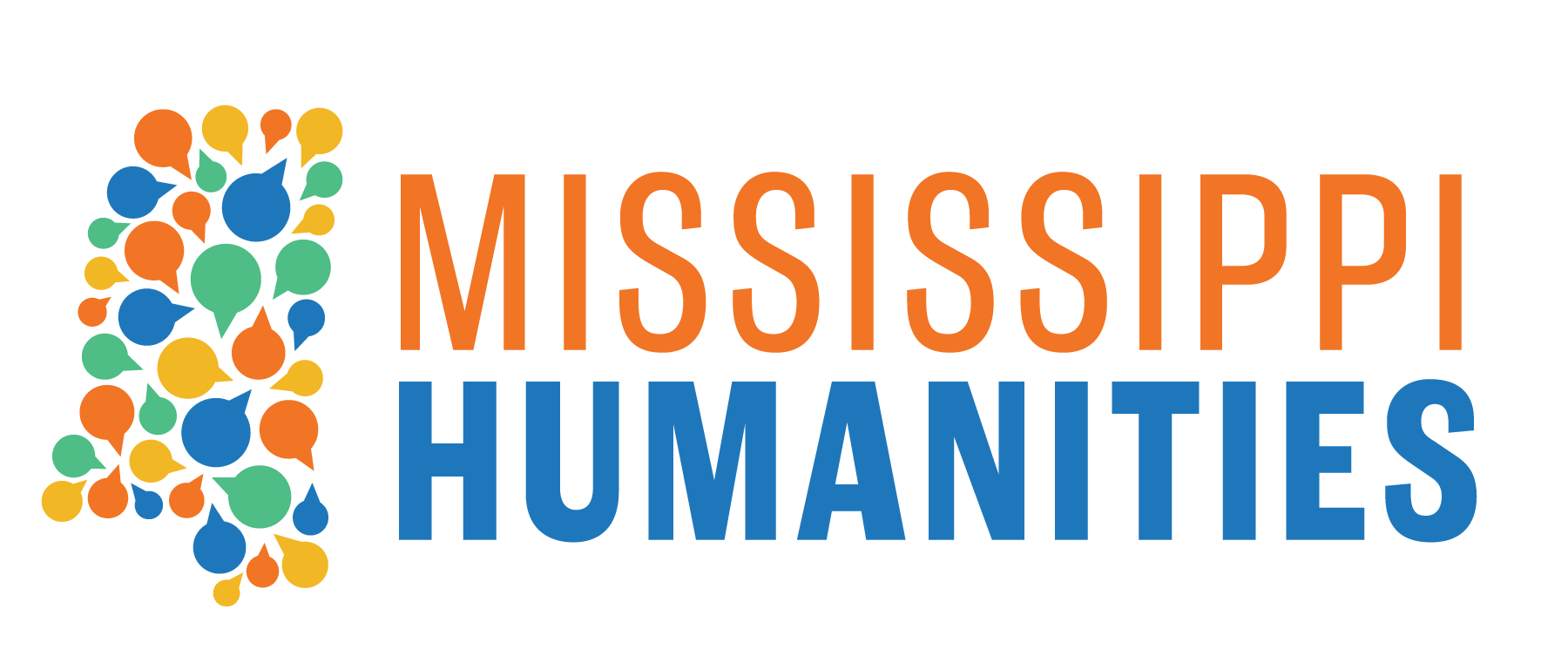
The humanities have a unique responsibility to engage with all segments of society, offering intellectual tools for broad social understanding and critical integration into society. The Mississippi Humanities Council firmly believes that reach encompasses our imprisoned population.
With support from the Mellon Foundation and in partnership with Mississippi community and senior colleges, the Mississippi Higher Education in Prison Program sponsors liberal arts courses at no cost to incarcerated students. The Council works with the Mississippi Community College Board (MCCB) and the Mississippi Institutions of Higher Learning (IHL) to support courses that fulfill basic degree requirements, prepare them for the workplace, and help students recognize and cultivate the humanity of themselves and others. MHC also provides funds for student academic support to help prison education programs meet the federal requirements to become Prison Education Programs where students can access Pell Grants.

Realizing the far-reaching benefits of these courses, the MHC convened state leaders who could meaningfully impact this work. Joining with Woodward Hines Education Foundation, MCCB, and IHL, and with funding from the Laughing Gull Foundation, MHC played a vital role in creating the Mississippi Consortium for Higher Education in Prison (MCHEP). With representatives from community colleges, universities, reentry organizations, and justice-impacted individuals, MCHEP is creating partnerships, supporting students, and providing data and evaluations to expand and promote quality postsecondary education opportunities for students in prison.

MHC offers other opportunities for incarcerated Mississippians to engage in the humanities. Prison book clubs involve area scholars facilitating discussions of fiction, poetry, and nonfiction. Spending four sessions on each book, Members explore their humanity in the context of our larger culture. Additional MHC efforts in the prisons include speakers, traveling museum exhibits, films, and supporting the publication of prison writings.
For more information, contact Carla Falkner, project coordinator for the MHC Prison Education program.
